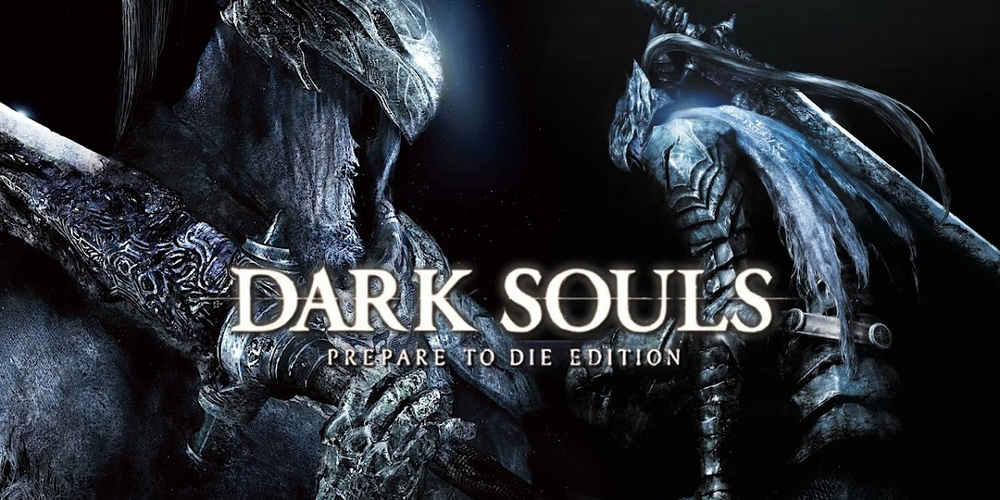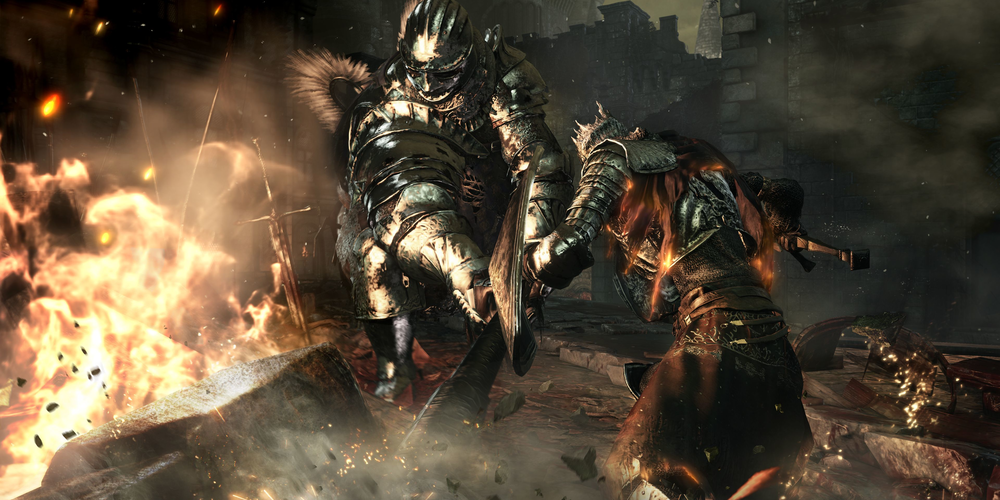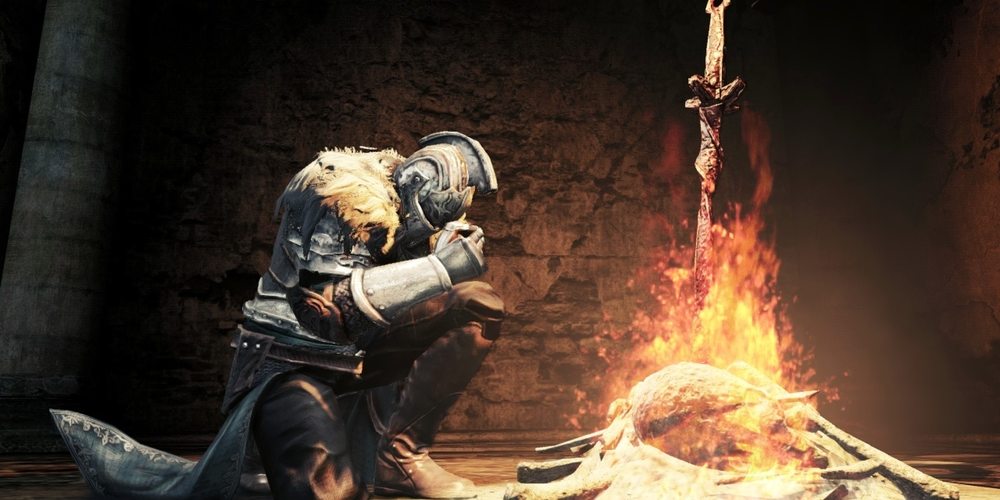Embracing the Abyss: The Enigmatic Allure of "Dark Souls" and the Love for Difficult Games
- 40

In a gaming landscape littered with tutorials, forgiving checkpoints, and adjustable difficulty levels, there exists a niche that vehemently rejects the notion of hand-holding and easy victories. At the forefront of this niche is "Dark Souls," a game that has become synonymous with difficulty, frustration, and the sweet, unmatched euphoria of triumph. This piece examines the mental foundations that make games such as "Dark Souls" so engaging and foster a loyal following, analyzing the contrast between the torment of failure and the excitement of achieving proficiency. It's a journey into the heart of darkness, seeking out what compels players to embrace failure and relentlessly pursue success in environments that are anything but forgiving.
Introduction to the Masochistic Pleasure of "Dark Souls"
"Dark Souls," developed by FromSoftware, is an action RPG renowned for its punishing difficulty, intricate world-building, and profound sense of accomplishment. It eschews the traditional gaming conventions of guiding the player through its hostile world, instead opting for a trial-by-fire approach that forces players to learn from their mistakes, or perish. This design philosophy has cultivated a fervent community and sparked discussions on what makes the challenge of "Dark Souls" so appealing.
The Psychological Appeal of Hard Games

1. The Joy of Overcoming Obstacles
Humans are naturally inclined to solve problems and overcome challenges. Games like "Dark Souls" tap into this intrinsic desire by presenting obstacles that at first seem insurmountable. The satisfaction derived from finally overcoming these challenges is immense, releasing a flood of dopamine, the neurotransmitter associated with pleasure and reward. This biochemical reward system encourages players to continue pushing the limits of their skills and patience.
2. The Mastery of Skills
There is a profound sense of achievement in mastering complex tasks, and "Dark Souls" offers a steep but rewarding learning curve. The game demands precision, strategic planning, and a deep understanding of its mechanics. As players progress, they develop a sense of mastery not just over the game's controls and systems, but over the game's world itself. This mastery is deeply gratifying and is a key factor in the game's allure.
3. The Storytelling Aspect
"Dark Souls" presents its lore and story in a cryptic, fragmented manner, inviting players to piece together the narrative from environmental clues, item descriptions, and sparse dialogues. This method of storytelling engages players on a cerebral level, encouraging exploration and speculation. The satisfaction of uncovering the world's mysteries is akin to solving a complex puzzle, offering an intellectual reward that complements the game's mechanical challenges.
4. The Community and Shared Struggle
The shared experience of struggling, failing, and ultimately succeeding creates a strong sense of community among "Dark Souls" players. Online forums and social media platforms are awash with tales of triumph, tips for tackling bosses, and shared commiseration over particularly difficult sections. This collective element introduces a social layer to the personal endeavor, enhancing the joy of successes and softening the impact of losses, with the comfort that others have endured similar obstacles.
Why Players Embrace Failure

Failure in "Dark Souls" is not a setback but a learning opportunity. Each defeat teaches players something new about the game's mechanics, enemy patterns, or strategies. This iterative learning process, where failure is a vital part of progression, mirrors the real-world experience of learning through trial and error. Embracing failure in "Dark Souls" encourages resilience and persistence, qualities that are valuable both in and out of gaming.
The Thrill of Unforgiving Environments
The hostile world of "Dark Souls" is a character in its own right, full of danger, mystery, and beauty. Navigating this world, with its hidden traps, formidable enemies, and intricate level design, offers a thrill unlike any other. The tension of venturing into the unknown, the relief of discovering a bonfire (in-game checkpoints), and the adrenaline rush of narrowly escaping death contribute to a deeply immersive experience that keeps players coming back.
Conclusion: The Enduring Legacy of "Dark Souls"
"Dark Souls" has left an indelible mark on the gaming landscape, challenging conventional wisdom about what players want from their gaming experience. It has been demonstrated that there is a substantial audience for games that challenge their players to the fullest, honoring dedication, prowess, and determination with a level of satisfaction unmatched by many other games. The psychology behind the love for difficult games like "Dark Souls" is complex, intertwining elements of mastery, storytelling, community, and the intrinsic human desire to overcome challenges. As long as there are players who seek out the thrill of the fight and the sweetness of hard-won victory, "Dark Souls" and games like it will continue to have a special place in the hearts of gamers around the world.